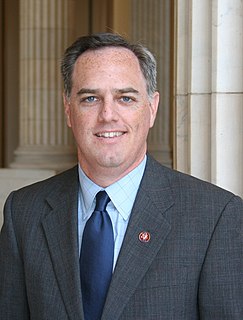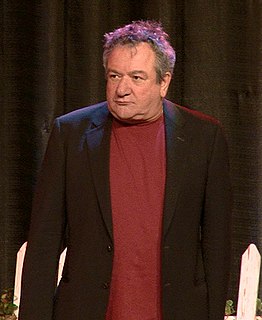A Quote by Erno Rubik
But for me, it was a code I myself had invented! Yet I could not read it.
Related Quotes
Code wants to be simple... I had to give up the idea that I had the perfect vision of the system to which the system had to conform. Instead, I had to accept that I was only the vehicle for the system expressing its own desire for simplicity. My vision could shape initial direction, and my attention to the desires of the code could affect how quickly and how well the system found its desired shape, but the system is riding me much more than I am riding the system.
I never could read Foucault. I find philosophy tedious. All of my knowledge comes from reading novels and some history. I read Being and Nothingness and realized that I remembered absolutely nothing when I finished it. I used to go to the library every day and read every day for eight hours. I’d dropped out of high school and had to teach myself. I read Sartre without any background. I just forced myself and I learned nothing.
A lot of the musicians asked me if when I hit my high-Cs on the records I had a clarinet take the notes. Some [thought] I had invented some kind of gadget so I could play high register. They weren't satisfied until they handed me a trumpet that they had with them and had me swing it. Then they cheered.
I read Naoko's letter again and again, and each time I read it I would be filled with the same unbearable sadness I used to feel whenever Naoko stared into my eyes. I had no way to deal with it, no place I could take it to or hide it away. Like the wind passing over my body, it had neither shape nor weight, nor could I wrap myself in it.
When you learn to read and write, it opens up opportunities for you to learn so many other things. When you learn to read, you can then read to learn. And it's the same thing with coding. If you learn to code, you can code to learn. Now some of the things you can learn are sort of obvious. You learn more about how computers work.
There's a subtle reason that programmers always want to throw away the code and start over. The reason is that they think the old code is a mess. [...] The reason that they think the old code is a mess is because of a cardinal, fundamental law of programming: It's harder to read code than to write it.





































